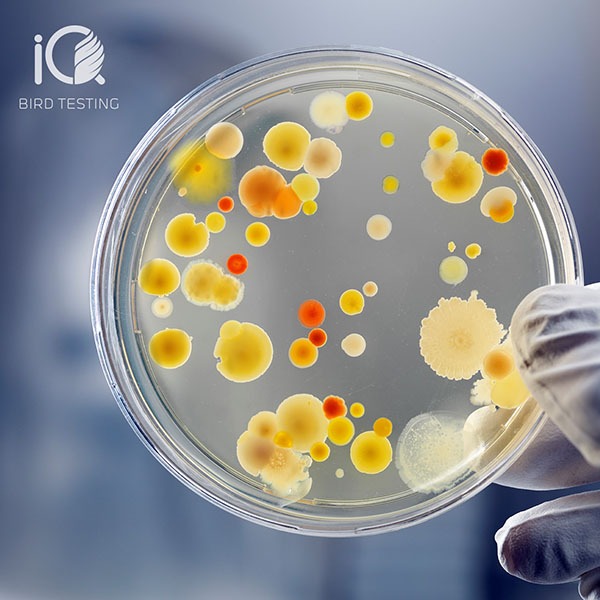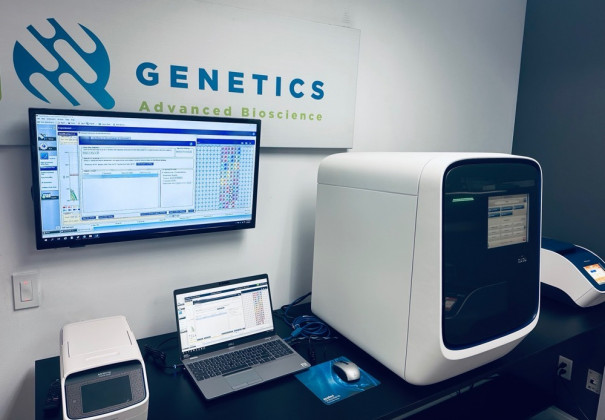BACTERIOLOGICAL TESTING FOR BIRDS:
When it comes to birds, there may be more than just avian flu to be worried about. It has been suggested that there are over 60 other diseases that birds and their droppings can carry. Bacterial diseases are common in pet birds and should be taken very seriously. Inappropriate care and nutrition are often contributing factors. Newborn and young birds are especially susceptible. Gastrointestinal and respiratory infections are most common and can lead to serious disease. Infectious diseases are the most common causes of illness in caged and aviary birds.
Obtaining correct quality samples for bacteriological tests is essential for reliable and timely diagnosis, as well as for effective treatment of diseases. Bacteriological testing is an important diagnosis tool for birds, and it can be used to detect and manage a wide range of diseases. Bacteria are responsible for many of the illnesses seen in birds, and it is crucial that these organisms be identified and treated quickly to reduce the risk of a severe condition or death.

By testing for bacteria, birds can receive appropriate treatment that leads to a healthier and longer life.
Bacteria can cause a variety of symptoms in birds, ranging from respiratory infections to blood infections, urinary tract infections, and more. Birds can also be exposed to bacteria through contact with other birds or their environment. Therefore, regular bacterial testing can be used to identify any bacterial infections that the bird may have so they can be treated promptly.
Bacterial testing is often done through fecal tests, or body fluid tests. These tests help identify the type of bacteria that is causing the illness and if it is an antibiotic-resistant strain. This information can be used to determine the best course of treatment for the individual bird.
In these cases, samples need to be sent to our laboratory for further analysis and for culture and sensitivity testing.

Many of these illnesses are a direct result of, or further complicated by, secondary infection by a bacteria.
Samples collected from the cloaca of the bird may determine certain disease-causing bacteria or fungus.
The importance of bacterial testing for birds is that it can help identify the cause of the illness, prevent it from spreading to other birds, and provide an effective course of treatment. It is also important to ensure that the bird is properly treated with the antibiotics that have been determined to be effective in treating the infection.

Click Here To Learn More About Bacteriological Testing
 Add Row
Add Row  Add
Add 





Write A Comment